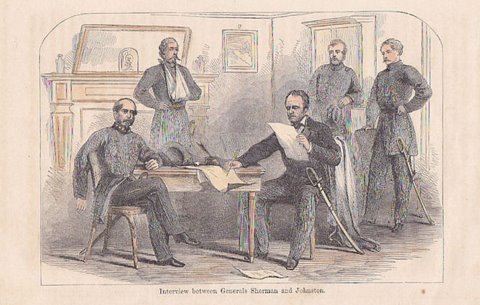No one. But it is nice to see Shogunate actually putting up good fight unlike OTL Boshin War.
Well some people are rooting for a side
Just tbc not me. I am completely 50/50.
Last edited:
No one. But it is nice to see Shogunate actually putting up good fight unlike OTL Boshin War.
In Fall of the Samurai, you can declare yourself an independent republic based on Ezo Republic.Shogun 2 is Sengoku Jidai. Are we talking about the DLC? I would not know.
In Fall of the Samurai, you can declare yourself an independent republic based on Ezo Republic.
It is, however, hard to win with Republic because:
1) You can no longer use Shinsengumi and Ishin-Shishi.
2) Everyone will hate you, including your subjects.
3) Republican high-tier units are somewhat lackluster compared to high-tier Imperial or Shogunate units.
America sucks.In Fall of the Samurai, you can declare yourself an independent republic based on Ezo Republic.
It is, however, hard to win with Republic because:
1) You can no longer use Shinsengumi and Ishin-Shishi.
2) Everyone will hate you, including your subjects.
3) Republican high-tier units are somewhat lackluster compared to high-tier Imperial or Shogunate units.
You are an absolute monarchy monarchist or constitutional monarchy monarchist? Which monarchy in the world are you especially fond of?
I am glad you recognize the honor of Imperial household
Because in game,high tier units are expeditionary forces sent by France,Britain or the US.Factions allied with the Shogunate gets to recruit French marines and French ironclads.Factions allied with the Imperials get to recruit British marines and British ironclads.While factions that choose to be a republic gets to recruit US marines and US ironclads.The British has the best ironclads while the French has the best marines.The US however,gives you the worst marines and ironclads.Somebody has strong opinions
Are both factions opposed to foreigners? I know the Imperials are, or at least supposed to be, but I vaguely remember someone saying that the Shogunate is more welcoming.

.svg/1222px-German_Empire_-_Alsace_Lorraine_(1871).svg.png)

Why would you support the Shogunate?! Fucking America. Fucking morons.
But the Imperials, with control over Kansai and the support of the British, are the ones with the supreme advantage.Because it was the Shogunate that accepted America's demands of opening their markets. The Emperor's rebellion is based literally in opposition to that decision by the Shogunate. The only descision is whether American supports any side or not. Supporting the Imperials is out of the question (and staying neutral maybe the worst option as no matter who wins your strategic goals get sidelined.)
But the Imperials, with control over Kansai and the support of the British, are the ones with the supreme advantage.
Also, the Shogunate's position is untenable in the long run. The Shogun derives his right to rule from the Emperor. And the Emperor fired him. He may be able to argue against the orders being real now since the Emperor is 17 and technically underage by Japanese law, and can argue he is being manipulated. But that won't last long, so unless he plans on crowning a rival Emperor, he cannot sustain his position for too long.
But the Imperials, with control over Kansai and the support of the British, are the ones with the supreme advantage.
Also, the Shogunate's position is untenable in the long run. The Shogun derives his right to rule from the Emperor. And the Emperor fired him. He may be able to argue against the orders being real now since the Emperor is 17 and technically underage by Japanese law, and can argue he is being manipulated. But that won't last long, so unless he plans on crowning a rival Emperor, he cannot sustain his position for too long.
But the Imperials, with control over Kansai and the support of the British, are the ones with the supreme advantage.
Also, the Shogunate's position is untenable in the long run. The Shogun derives his right to rule from the Emperor. And the Emperor fired him. He may be able to argue against the orders being real now since the Emperor is 17 and technically underage by Japanese law, and can argue he is being manipulated. But that won't last long, so unless he plans on crowning a rival Emperor, he cannot sustain his position for too long.